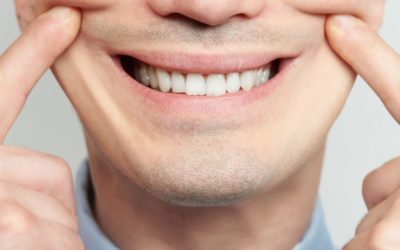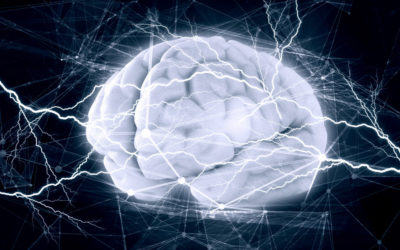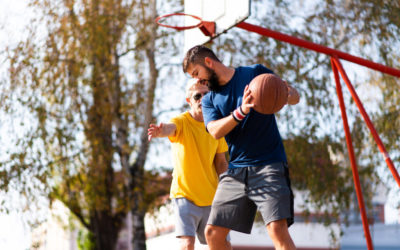Quick Hits
Daily brief research updates from the cognitive sciences

Neurodivergence is term that describes those that are not “neurotypical” such as those with autism and ADHD. In the surge of research into loneliness spurred by the pandemic it has also been clear that loneliness has impacted these people much more intensively and also has a relationship with cardiovascular health.
Janine Gronewold has recently reviewed this and explored the reasons behind this. Though this is slightly paradoxical i.e. autistic people do not relate to people in the same way as most of us do and so we may assume, falsely that they don’t want human engagement. In fact, this different pattern of engaging with people is just what has increased stress and loneliness because it has changed patterns and opportunities to interact which can, in this population group increase anxiety and stress and therefore also impact cardiovascular health.
An interesting review and shows that loneliness impacts us all but in different ways and that we should be conscious to engage with neurodivergent individuals – especially during a pandemic.

Andy Habermacher
Andy is author of leading brains Review, Neuroleadership, and multiple other books. He has been intensively involved in writing and research into neuroleadership and is considered one of Europe’s leading experts. He is also a well-known public speaker speaking on the brain and human behaviour.
Andy is also a masters athlete (middle distance running) and competes regularly at international competitions (and holds a few national records in his age category).
Reference
Gronewold, Janine; Engels, Miriam
The Lonely Brain – Associations Between Social Isolation and (Cerebro-) Vascular Disease From the Perspective of Social Neuroscience
Frontiers in Integrative Neuroscience
25th January 2022
https://doi.org/10.3389/fnint.2022.729621
More Quick Hits
Yes, Fake Smiling Does Improve Your Mood
Can just smiling, even if fake, improve your mood? This has been proven, debunked, re-proven and now re-re-proven…
How Your Brain Decides to Help Others in Danger
In times of crises and danger we may hide and flee as our natural instincts would guide us, or do something else: put ourselves at danger and help others.
Two Types of Willpower
There are two types of will power – and one is much more effective…
Our Brains Seem to Use Quantum Computations
It has been proposed that our brain uses quantum processes but this is hard to prove – until now that is…
Insults Trigger the Equivalent of a Slap to the Face in the Brain
What do insults do to our brain wave patterns, do they degrade over time and how do they compare to compliments?
Even a Short Bout of Exercise Can Boost Brain Growth
Exercise is good for you – we all know that. But can just a single bout of exercise do you and your brain any good?






